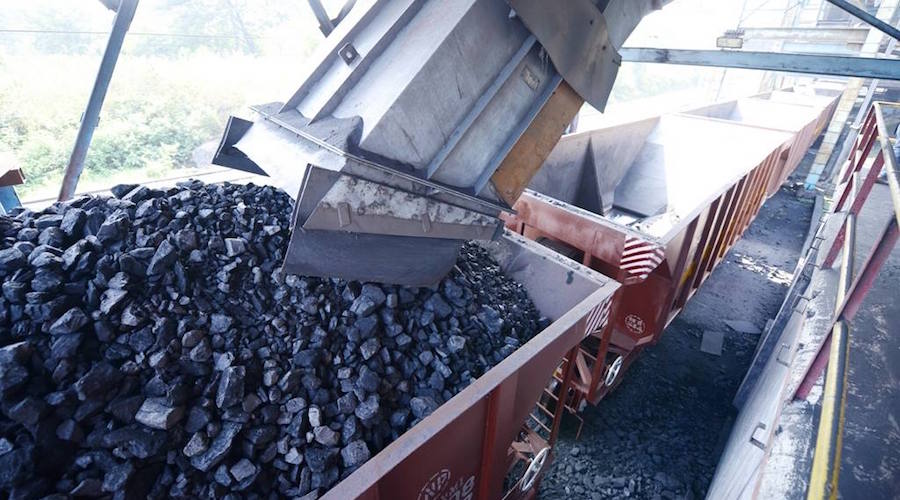For years the coal market defied a global pushback against the commodity by lawmakers and some of the world’s biggest money managers. After buying and selling almost tripled in five years, activity slumped by more than a third in 2017, the steepest decline in two decades, according to London-based consultant Prospex Research Ltd.

Once the world’s most ardent consumer of coal, Europe has been on the forefront of the battle against global climate change, setting more ambitious goals for reducing its carbon-dioxide emissions. Not even Donald Trump’s coal-friendly policies in the U.S. and energy-hungry southeast Asia were able to reverse the trend toward replacing fossil fuels with cleaner means of energy production such as solar and wind.
“European utilities have long been important traders, but they have reduced their physical coal consumption,” Prospex said in a report. “This trend can be expected to accelerate in the coming years as coal loses market share in European power generation.”
The Amsterdam, Rotterdam or Antwerp market, by far the biggest, declined for the first time since 2009, sliding 42 percent. Trading of Richards Bay coal in South Africa slumped as much as 51 percent. Newcastle volumes bucked the trend, rising 23 percent because demand in Asia is still strong.

The value of the market, based on assessed average wholesale prices, slid 12 percent to $299 billion last year. A bullish market in 2017 mitigated the drop in volumes.
“But top players are determined to stay in the game,” Prospex said. “They have seen sharp downturns before in European energy trading markets and simply waited them out,” the researcher said, without mentioning any names.
Money managers from Norway’s $1.1 trillion sovereign wealth fund to the California State Teachers’ Retirement System have exited or divested coal assets as investors favor a more environmentally friendly strategies to make their capital grow. Nations from the U.K. to the Netherlands and Chile has agreed to phase out the fuel altogether.
Story by Ladka Bauerova.





Comments